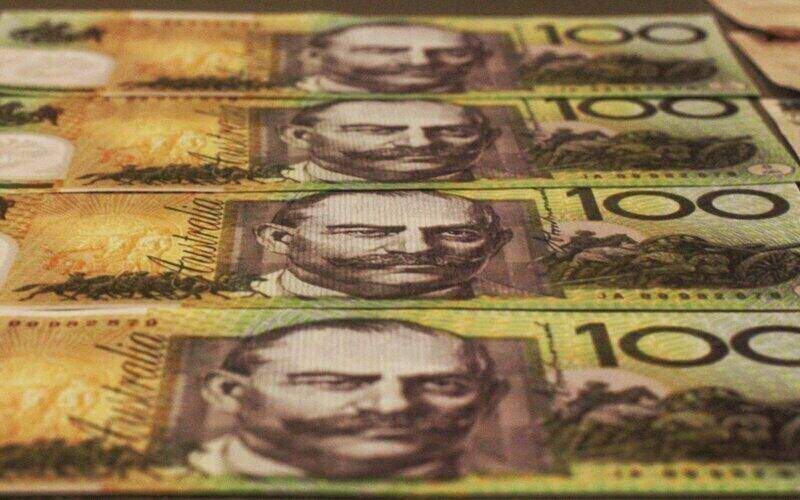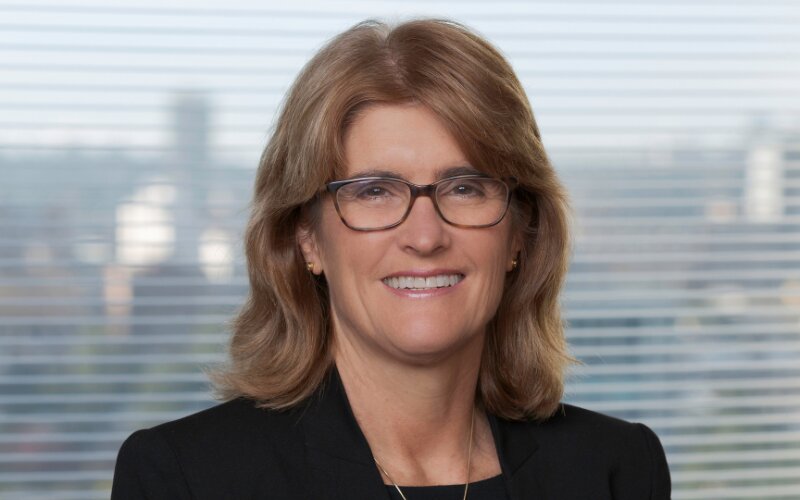If you have a home loan, a savings account, or another type of finance product, your interest rate could increase on the back of today’s decision.
The Reserve Bank of Australia (RBA) board made the highly anticipated call at its November meeting on Tuesday.
It's the central bank’s latest move in its battle to subdue still-stubborn inflation following four consecutive months of inaction.
“Inflation in Australia has passed its peak but is still too high and is proving more persistent than expected a few months ago,” RBA Governor Michele Bullock said in the wake of today’s decision.
“The latest reading on CPI inflation indicates that while goods price inflation has eased further, the prices of many services are continuing to rise briskly.
"The board judged an increase in interest rates was warranted today to be more assured that inflation would return to target in a reasonable timeframe."
The cash rate determines how much banks and lenders pay to access the money they provide borrowers.
As a result, a higher cash rate typically means higher interest rates for everyday consumers.
It's the single weapon the RBA has to battle inflation, as higher interest rates theoretically curb consumer spending and withdraw demand and cash reserves from the economy.
Inflation in Australia surprised on the upside when the Australian Bureau of Statistics (ABS) revealed the underlying consumer price index (CPI) rose 1.2% in the September quarter last month.
The RBA forecast underlying inflation to hit 0.9% in the three months to September.
The CPI tracks the price of a ‘basket of items’ to measure inflation’s impact over time.
Over the year to 30 September, headline inflation drove prices 5.4% higher – a far cry from the RBA’s target of 2% to 3%.
The RBA now expects to reach the top of its targeted range by the end of 2025, with inflation forecast to come in at 3.5% on an annual basis at the end of 2024.
Shortly before the ABS released its latest CPI data, Ms Bullock declared the RBA board “will not hesitate to raise the cash rate further if there is a material upward revision to the outlook for inflation”.
The majority of economists saw today’s cash rate hike coming.
Inflation has recently been driven higher by the rising cost of fuel, rent, and energy – all of which probably won’t be impacted by higher rates as they are part of the stickier services side, not goods.
“In order to keep inflation expectations anchored and maintain confidence in returning inflation to the target range within a reasonable timeframe, the RBA lifted interest rates again today,” PropTrack senior economist Eleanor Creagh said.
“Record levels of net overseas migration, a challenged rental market, limited housing stock, and a slowdown in the completion of new builds are offsetting the impacts of substantial rate rises and the slowing economy, with home prices continuing to lift.
“This additional increase in interest rates may slow the current pace of home price growth but is unlikely to deter these gains, with strong population growth, tight rental markets, and a housing shortfall fuelling further price rises.”
Inflation’s perseverance could also be a reflection of the nation’s low unemployment rate, as relatively few people find themselves involuntarily without an income.
Simultaneously, prior interest rate increases apparently haven’t deterred Australians from spending, with retail turnover lifting 0.9% month-on-month in September.
The latest hike comes as an unprecedented number of mortgage-holders face financial stress, with nearly one in three ‘at risk’ of mortgage stress, according to Roy Morgan research.
"Another 25 basis points translates, roughly, to another $80 per month in mortgage repayments on a $500,000 loan on top of the $1,040 monthly increase already seen since rates started to rise in May last year," CoreLogic research director Tim Lawless said.
"Higher interest rates also imply a further diminishing in borrowing capacity as lenders continue to assess borrowers using a three-percentage point serviceability buffer."
While a cash rate hike was widely anticipated, some industry bodies have slammed the move, labelling it unnecessary.
“The core leading indicators of building approvals, lending and consumer confidence all demonstrate that economic growth is set to slow in 2024,” stated Housing Industry Association chief economist Tim Reardon.
“The RBA should have waited for the full impact of their decisions to date emerge in 2024 before adjusting rates again."
Ms Bullock noted that future cash rate hikes would likely be dependent on the flow of data going forward, with the RBA board "resolute in its determination" to return inflation to target.
"In making its decisions, the board will continue to pay close attention to developments in the global economy, trends in domestic demand, and the outlook for inflation and the labour market," she said.
Image courtesy of the RBA.



 Harrison Astbury
Harrison Astbury
 Harry O'Sullivan
Harry O'Sullivan

 Emma Duffy
Emma Duffy
 Brooke Cooper
Brooke Cooper

